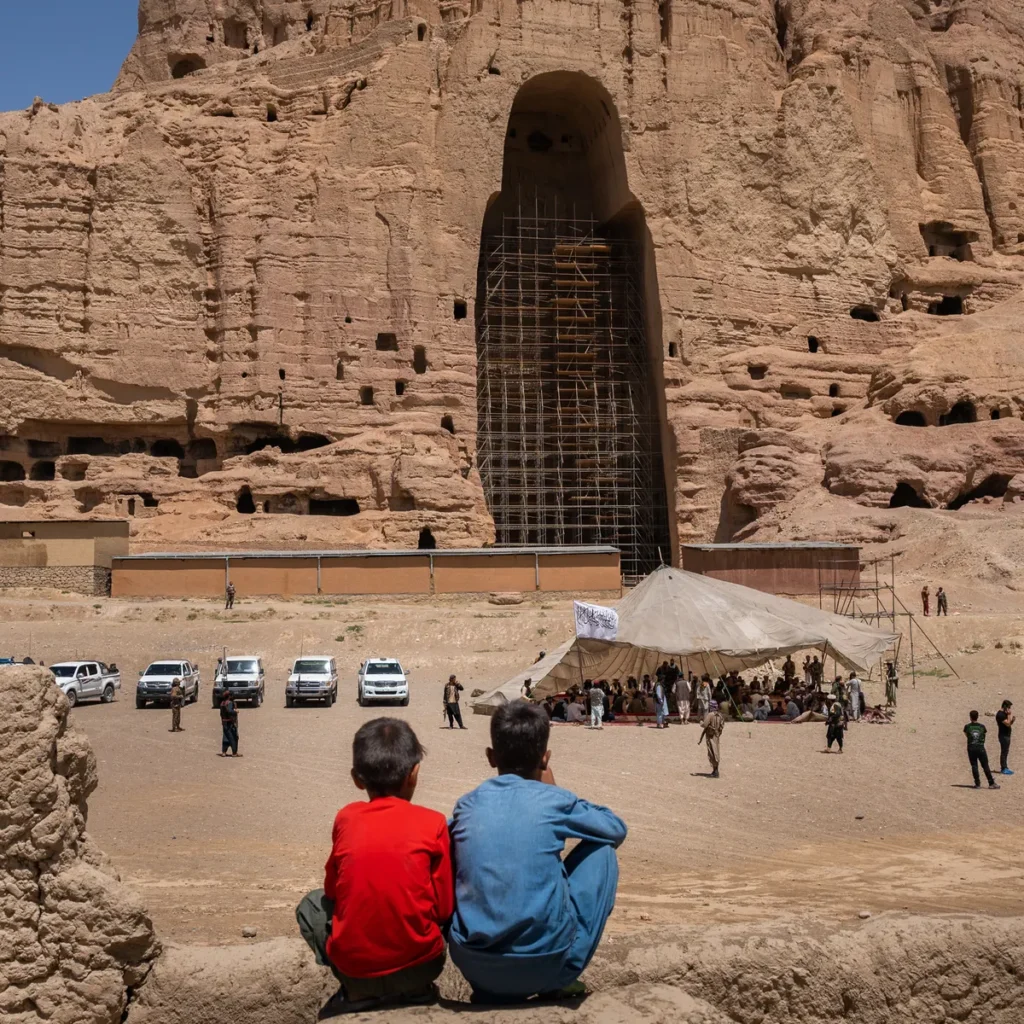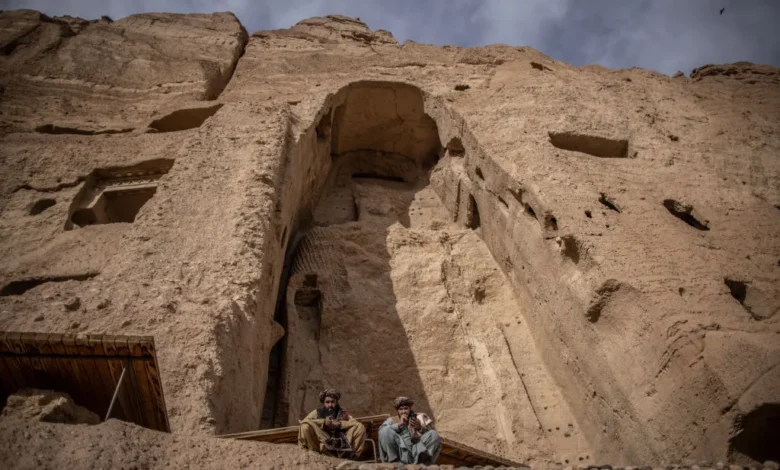UNESCO and Partners Prioritize Digitization of Bamyan Buddha Statues
The United Nations Educational, Scientific, and Cultural Organization (UNESCO) has underscored the significance of digitalizing Buddha statues and associated artifacts in Bamyan province.
In a recent announcement, UNESCO showcased a video featuring F. Obleman, the executive director of Iconem, a UNESCO partner organization. Obleman expressed their commitment to digitizing the Bamyan Buddha statues in collaboration with UNESCO.
In the video, Obleman stated: “Upon visiting the site, I discovered a remarkable complex nestled amidst the mountains dating back to the time of Buddha. The area boasts numerous intricately carved rooms, harboring a wealth of hidden treasures. Our aim in digitizing these artifacts is to unveil these captivating works, previously unseen by the public.”
While UNESCO has not provided detailed information regarding the digitization process, Iconem’s website outlines their expertise in creating three-dimensional architectural models of cultural sites.
Iconem, a French technology company, specializes in digitizing endangered cultural heritage sites worldwide.
An anonymous source familiar with the previous regime revealed that a Japanese expert once proposed a project titled “Buddha Show in Empty Spaces,” utilizing three-dimensional laser technology. However, UNESCO experts did not approve the initiative.
Concerns have been raised about safeguarding the Bamyan Buddha statues amidst the current circumstances.
In March 2001, the Taliban regime demolished two colossal Buddha statues, standing at 55 and 35 meters, in Bamyan, a move denounced by UNESCO as a cultural tragedy.
Zabihullah Mujahid, spokesperson for the Taliban government, asserted in an interview with local media two years ago that the destruction of the Buddha statues followed a court order during the Taliban’s previous rule. He emphasized the Taliban’s commitment to preserving Afghanistan’s cultural heritage, considering it an integral part of the nation’s identity.
Despite the destruction, cultural activists in Bamyan stress the historical and economic significance of the Buddha statues for Afghanistan.
Mansoora Wasiq, a local cultural activist, highlighted: “Bamiyan’s reputation as a historical city is globally recognized due to the presence of the Buddha statues. Moreover, these statues hold substantial economic value, attracting numerous tourists from Afghanistan and worldwide annually.”

In a notable development, eight months ago, Japanese Ambassador to Afghanistan, Takashi Okada, visited the site of the demolished Buddha statues in Bamyan. He pledged continued support, in collaboration with UNESCO, for preserving this cultural heritage site.
It is worth noting that the Japanese Embassy inked an agreement with UNESCO in February 2020, pledging a donation of $3.8 million to safeguard Bamyan’s cultural heritage.






jozaiah torraco